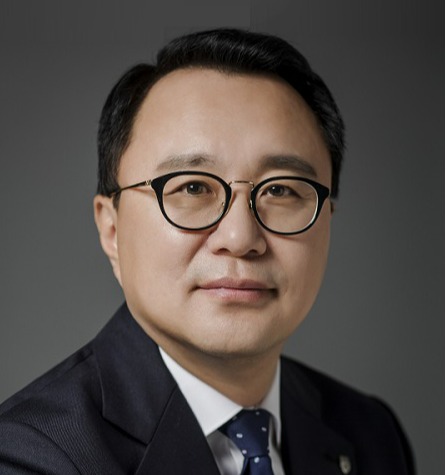By Park Jong-hoon, Professor of the Department of Orthopedics at Korea University Anam Hospital
There are instances where wards are consolidated due to a decline in patient numbers. For example, if the bed occupancy rates of three wards are each below 70 percent, reducing them to two wards might seem highly efficient, as all patients can be accommodated while medical staff can be reduced by one-third. Arithmetically, the two wards would achieve a 90 percent bed occupancy rate while also reducing labor costs, making the metrics appear very sound.
However, I've never heard of a case in which eliminating one ward and consolidating into two wards was later reversed when patient numbers increased, requiring a return to a three-ward system. Of course, temporary downsizing due to sudden external changes, such as the Covid-19 pandemic, is an exception. However, routine downsizing, while it may temporarily improve management metrics, should not be undertaken lightly from a long-term perspective.

Let's go back years ago. Not decades ago, but just over a decade ago, resident work hours were around 120 to 140 hours per week. Then, without considering the minimum training period required, resident hours were reduced to 80 hours per week, based solely on labor concepts. In the U.K., they reportedly increased medical school enrollment 10 years ago to prepare for this situation. In Korea, however, few paid much attention because it wasn't about enrollment.
Against this backdrop, faced with low application rates for essential departments, these departments eventually changed their programs from four years to three years at some points. It's remarkable. Working hours decreased by nearly 30-40 percent, yet the training period actually shrank by a quarter. Has there been some incredibly sophisticated and intensive educational or training reform compared to the past? Logically, with such a drastic reduction in weekly working hours, Korea’s specialist training programs should have extended to OECD-level durations of six to seven years. Yet, remarkably, the government and academic societies conjured a magic trick to drastically shorten them instead. Amid this, it's said that some hospitals have now reduced or even eliminated the emergency room and intensive care unit duties for residents in essential departments.
Did shortening residency to three years actually improve the application rate for those departments? Did it really “take off”? Ironically, it falls short of the number of people abandoning residency altogether. The damage is immense. Were essential departments really fields that could be mastered through such simplified training? How could the decisions of these so-called academic organizations be so shortsighted? Wasn't this decision made more for the hospitals and their staff than for the residents themselves? If it truly had been for the residents, such a reckless decision could never have been made.
It's said that in very large hospitals, there are many professors whom residents never even get to work with once during their entire training period. This is what happens when you only rotate for two months out of a mere three years. Would an internist who trained for three years have performed an endoscopy? Would a surgeon have removed an appendix? It's already challenging to entrust procedures and surgeries to residents in an era where we're constantly mindful of patients' reactions, and now there's even less time. How desperate must things be that we're even cutting back on departmental conferences? How irresponsible these academic societies are!
I truly question why the specialist certification system even exists. During the shortage of trainee doctors, hospitals experienced that residents aren't absolutely essential just for providing medical care. Isn't it time to reexamine the very reason for the resident system? If it's a system where you rush through training in a short amount of time, obtain a specialist certificate, and that's it, then it's a problem that warrants serious consideration. If you continually tweak the training system to make it easier, more convenient, and faster, that specialty will only become increasingly devalued.
Thanks to the government and medical societies, the miracle of K-Medicine—where you can become a specialist in the shortest time worldwide—has been created. What amazing government and medical societies we have. Medical professionals from around the world, if you want to complete your specialty training in a short period, consider coming to Korea. The societies that changed the program from four years to three should reflect on their actions. If these departments become popular again, could they go back to a four-year system? Not a chance.

